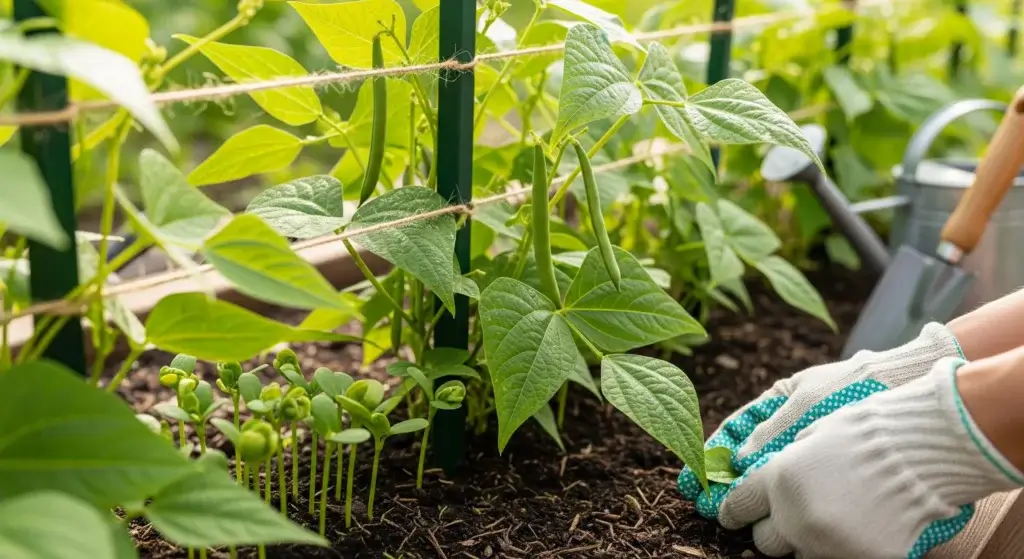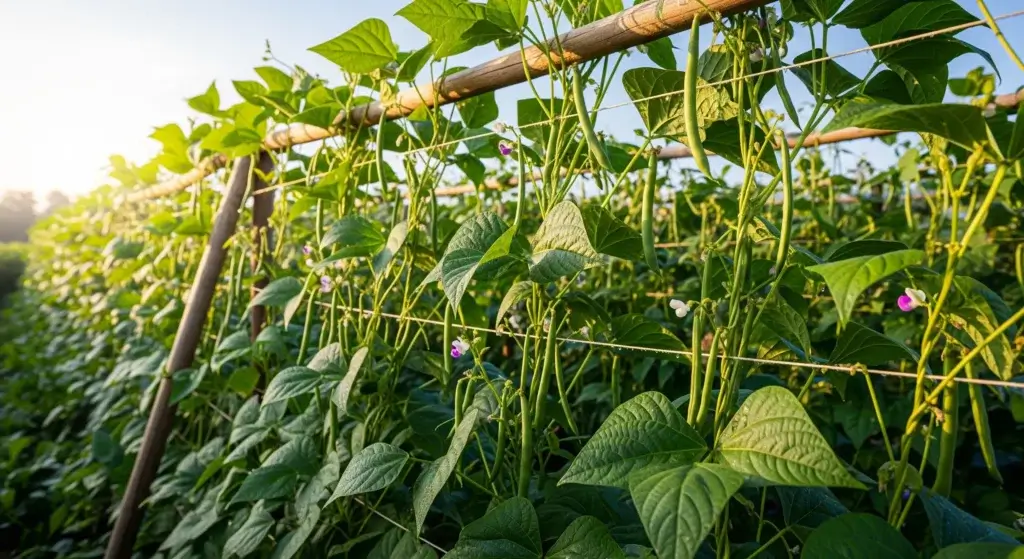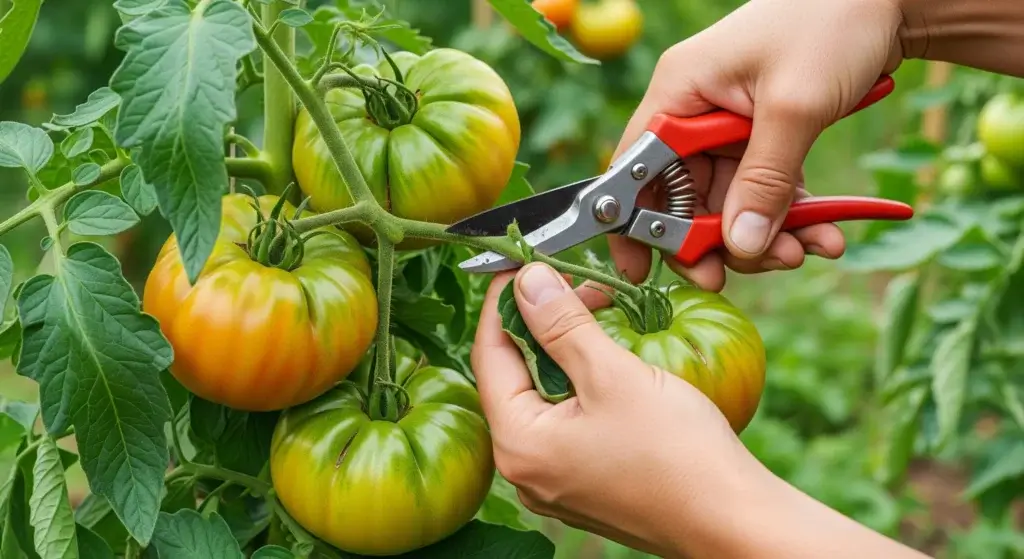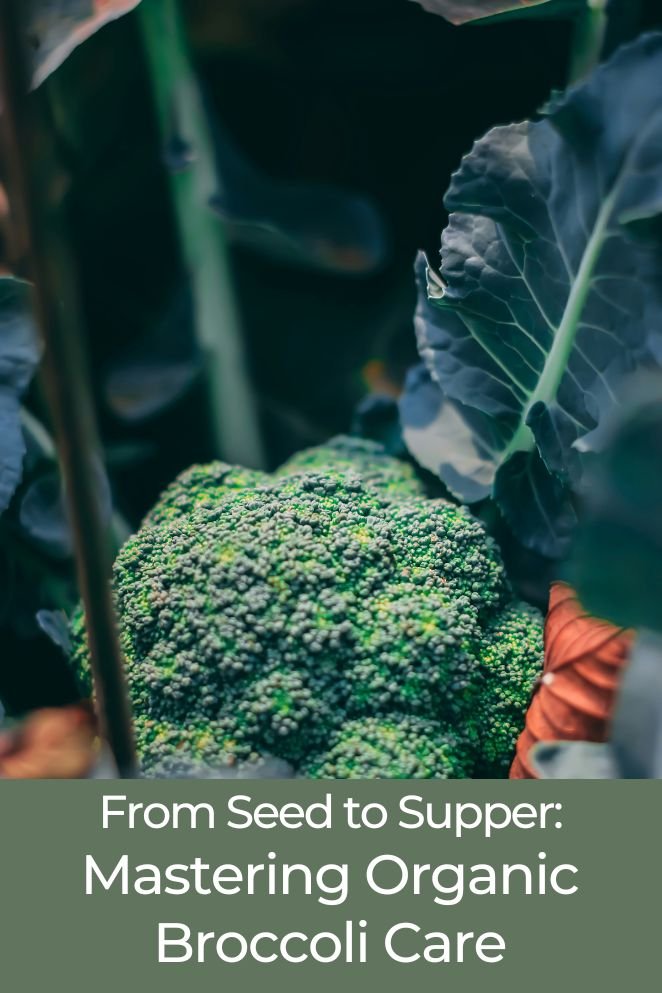
Hey there, fellow garden enthusiasts!
Today, we’re diving into the delightful world of organic broccoli.
This mighty green floret isn’t just delicious (hello, roasted broccoli with parmesan!), it’s also packed with vitamins and fiber.
Plus, growing your own broccoli organically is incredibly rewarding.
You get the satisfaction of cultivating your own food, the peace of mind of knowing exactly what’s going on your plate, and a seriously impressive head of broccoli to show off to your neighbors.
So, how do we cultivate these little green powerhouses without resorting to harsh chemicals? Let’s get growing!
Optimal Conditions for Growing Broccoli
Creating optimal conditions for growing broccoli is essential for a bountiful harvest.
Let’s delve into the key elements: sunlight, soil quality, and timing.
Sunlight
Broccoli thrives in cooler weather, requiring a minimum of 6 hours of sunlight daily.
The ideal scenario involves mornings bathed in sunlight, followed by light shading in the afternoons, striking the perfect balance for healthy growth.
Soil
Well-drained, nutrient-rich soil is paramount for broccoli’s success.
Opt for soil that is airy and fertile, steering clear of heavy and compacted textures.
Test your soil’s pH level using a simple kit to ensure it falls within the slightly acidic range of 6.0 to 7.0, creating an optimal environment for broccoli to flourish.
Timing
Selecting the right time for planting is crucial, dependent on your climate.
Cooler seasons, such as early spring or fall, typically offer ideal conditions for broccoli cultivation.
To expedite the growing process and achieve an early harvest, consider starting broccoli seeds indoors 4-6 weeks before transplanting them outdoors, giving them a head start in the cooler temperatures.

Organic Soil Preparation
Creating nutrient-rich soil through organic preparation is vital for the successful growth of broccoli. Let’s explore the essential techniques:
Compost
Compost is the backbone of healthy soil.
It not only provides essential nutrients but also improves soil structure, creating a favorable environment for broccoli roots to thrive.
As organic matter decomposes, it releases nutrients slowly, ensuring a steady supply for the growing plants.
Manure
Aged manure, such as cow or chicken manure, offers a natural and effective fertilizer boost.
However, it’s crucial to use aged manure to avoid burning delicate broccoli seedlings with its high nitrogen content.
Aged manure enriches the soil with essential nutrients, promoting robust plant growth and development.
Cover crops
Integrating cover crops, such as legumes, into your organic gardening routine is a smart strategy.
These fast-growing plants not only protect the soil from erosion but also fix nitrogen, enhancing soil fertility for optimal broccoli growth.
Additionally, cover crops suppress weeds and improve soil structure, promoting a healthy and thriving broccoli harvest.
Planting and Nurturing Your Broccoli
Let’s delve into the fulfilling journey of planting and nurturing your broccoli plants, ensuring their healthy growth and abundant harvest!
Seed sowing
Whether you’ve started your broccoli indoors or plan to sow seeds directly in the garden, proper techniques are essential.
For indoor seedlings, gradually acclimate them to outdoor conditions before transplanting to avoid shock.
When sowing seeds directly in the garden, plant them approximately ¼ inch deep with adequate spacing to allow for proper growth.
Seedlings require even more space, so aim for 12 to 24 inches between plants to ensure they have ample room to flourish.
Watering
Consistent watering is key to the success of your broccoli plants.
Maintain a steady moisture level by providing approximately 1 to 1.5 inches of water per week, adjusting as needed based on weather conditions and soil moisture levels.
Ensuring consistent hydration helps your broccoli plants establish strong root systems and thrive throughout their growth cycle.
Mulching
Mulching is a valuable practice that offers numerous benefits for your broccoli garden.
Apply a layer of organic mulch, such as straw or compost, around your plants to retain moisture in the soil, suppress weed growth, and regulate soil temperature.
Mulching also helps prevent soil erosion and encourages beneficial microbial activity, contributing to the overall health and vitality of your broccoli plants.
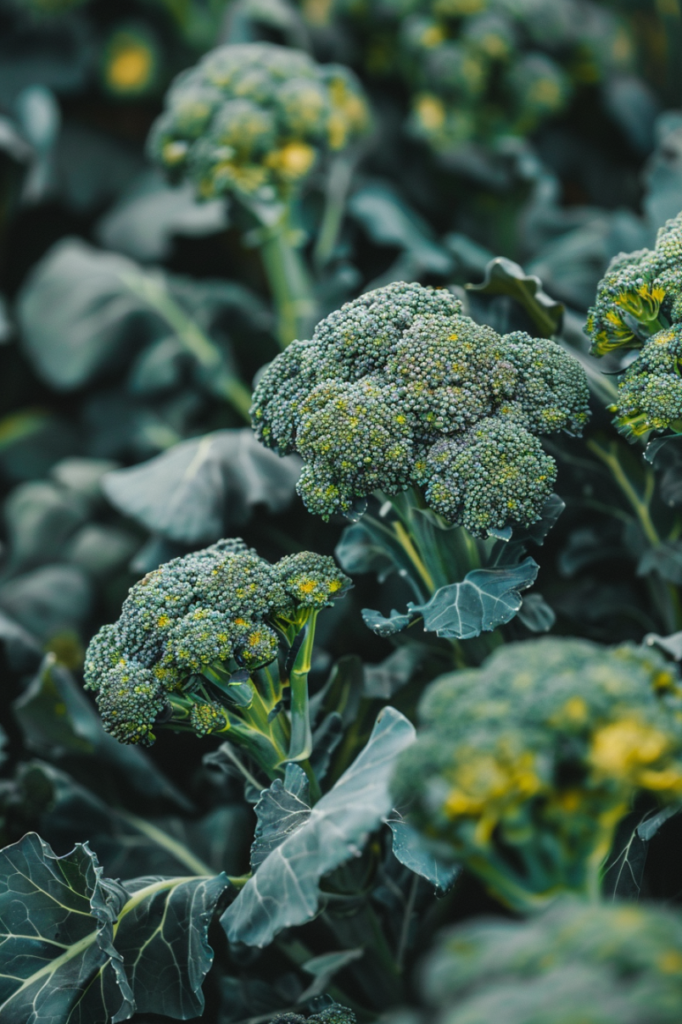
Organic Pest Control
Organic pest control is essential for maintaining a healthy garden ecosystem while safeguarding your broccoli plants from unwanted invaders.
Let’s delve into effective strategies to protect your garden naturally:
Companion planting
Enhance your garden’s natural defenses with companion planting, a savvy approach in organic gardening.
By interspersing beneficial herbs or flowers like marigolds and nasturtiums among your broccoli plants, you create a diverse ecosystem that naturally repels pests.
These companion plants emit scents and chemicals that deter pests, promoting a harmonious balance in your garden while minimizing the need for chemical interventions.
Crop rotation
Employ crop rotation as a proactive measure in your organic gardening toolkit.
Continuously planting broccoli in the same location can attract pests and diseases that thrive in specific soil conditions.
Rotate your crops annually to disrupt pest and disease cycles, keeping the soil vibrant and less hospitable to unwanted visitors.
This practice also helps maintain soil fertility and overall garden health in the long term.
Beneficial insects
Harness the power of nature’s allies by inviting beneficial insects, such as ladybugs, lacewings, and predatory beetles, into your garden.
These natural predators feed on common garden pests, serving as effective pest control agents.
Encourage their presence by providing habitat, such as native plants and sheltered areas, and minimizing the use of pesticides that harm beneficial insects.
Organic solutions
As a last resort for stubborn pest outbreaks, opt for organic pest control solutions like insecticidal soap or neem oil.
These eco-friendly options effectively target pests while minimizing harm to beneficial insects, plants, and the environment.
Always prioritize organic alternatives whenever possible to maintain a healthy garden ecosystem and minimize ecological impact.
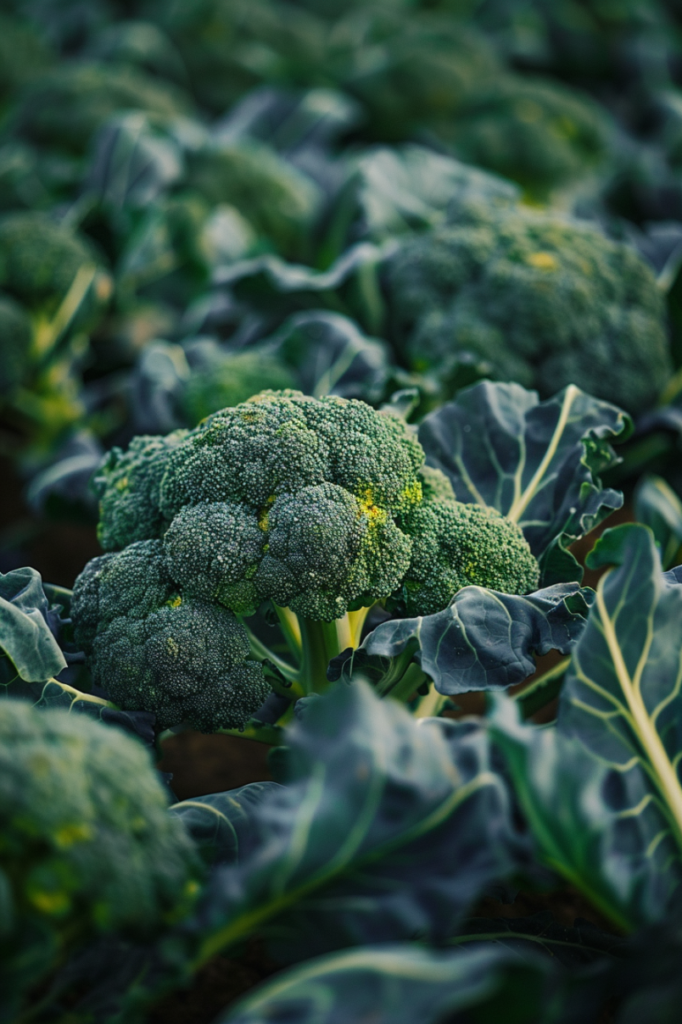
The Final Word
Growing organic broccoli is a fun and rewarding experience.
With a little planning, some love, and these organic gardening tips, you’ll be enjoying homegrown broccoli florets in no time.
Remember, healthy soil, consistent watering, and a bit of organic pest control go a long way. So, grab your seeds, get your hands dirty, and get ready to experience the joy of organic gardening!

